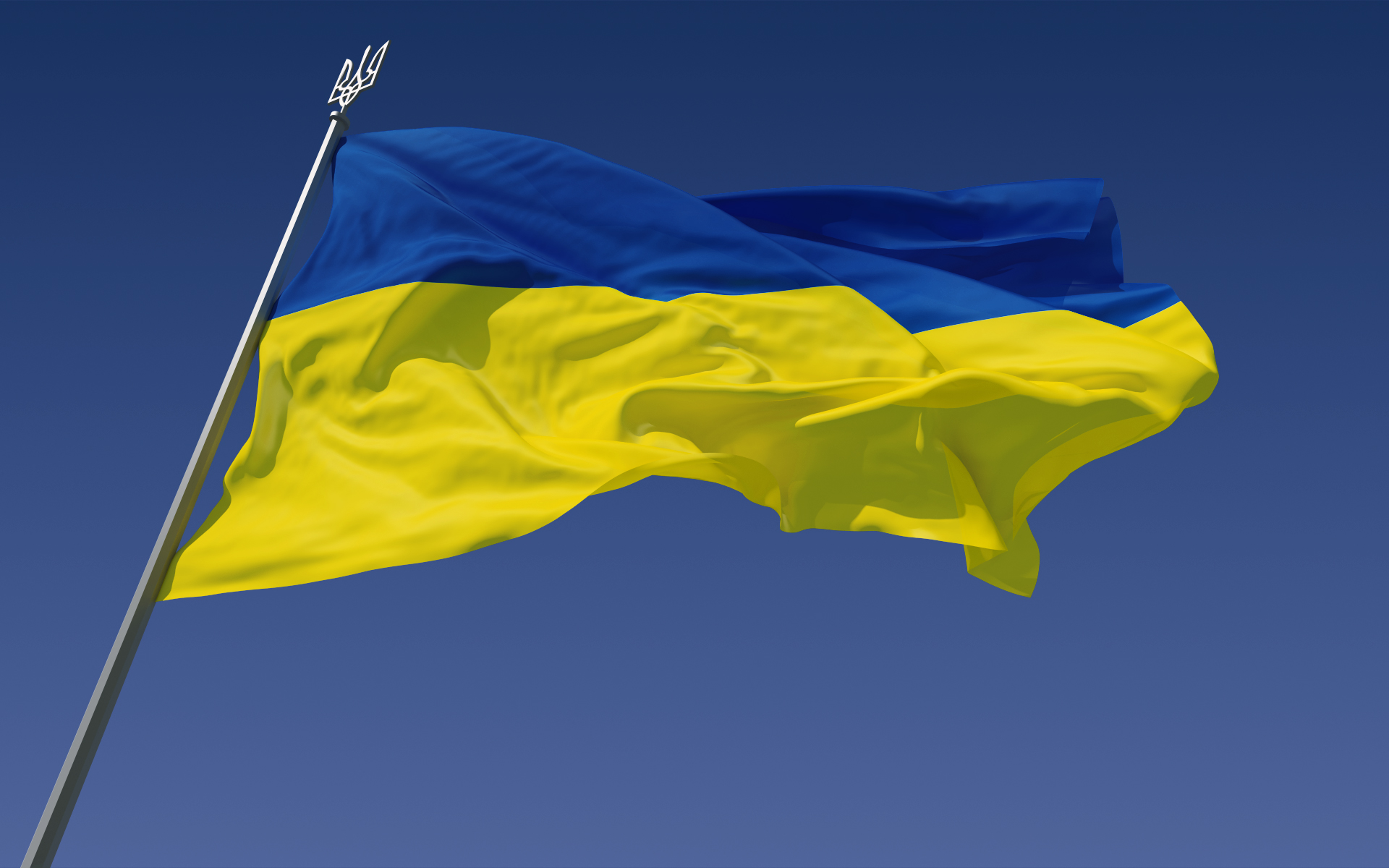Ukraine Fights Rearguard Action Against Nord Stream 2 After U.S. and Germany Unveil Deal
KYIV (Reuters) — Ukraine has started official consultations with the European Union and Germany about Nord Stream 2, Foreign Minister Dmytro Kuleba said on Wednesday, ratcheting up Kyiv's opposition to the pipeline which it says is a threat to Europe's security.

Kuleba said official notes to Brussels and Berlin had already been sent.
He made the statement minutes after Germany and the United States jointly announced a deal that would map out the consequences for Russia if Moscow uses the new pipeline to harm Ukraine or other eastern European countries.
The deal is a further blow to Kyiv, which has also struggled to convince Western allies to accelerate Ukraine's entry into the NATO military alliance after a troop standoff with Russia earlier this year.
"This decision has created political, military and energy threats for Ukraine and Central Europe, while increasing Russia's potential to destabilize the security situation in Europe, perpetuating divisions among NATO and European Union member states," Kuleba said.
"Unfortunately, the hitherto proposals to cover the resulting security deficit cannot be considered sufficient to effectively limit the threats created by NS2," he said in a joint statement with his Polish counterpart Zbigniew Rau.
Ukraine fears Russia using energy as a weapon against the country and losing fees as a transit point for gas supplies once the $11 billion pipeline that will carry gas under the Baltic Sea from Russia to Germany is complete.
Washington dispatched U.S. State Department Counselor Derek Chollet to Kyiv to discuss Ukraine's concerns about the pipeline and earlier on Wednesday announced the date of a meeting, long sought by Ukraine, between President Volodymyr Zelenskiy and U.S. President Joe Biden.
Zelenskiy said he planned a "frank and vibrant" discussion with Biden about Nord Stream 2 when the two meet next month.
Relations between Kyiv and Moscow collapsed after Russia's annexation of Crimea in 2014 and support for separatist forces battling Ukrainian troops in eastern Ukraine.
The U.S.-Germany deal included a commitment to helping Ukraine continue to receive transit fees once Nord Stream 2, which is 98% complete, becomes operational.
But the head of Ukraine's state energy firm Naftogaz Yuriy Vitrenko told Reuters he did not think Russia would continue to transit any gas through Ukraine beyond the current agreement that expires in 2024.
Vitrenko said Ukraine would need NATO membership to compensate for the security threat posed by Nord Stream 2.
Related News
Related News

- Kinder Morgan Proposes 290-Mile Gas Pipeline Expansion Spanning Three States
- Enbridge Plans 86-Mile Pipeline Expansion, Bringing 850 Workers to Northern B.C.
- Intensity, Rainbow Energy to Build 344-Mile Gas Pipeline Across North Dakota
- U.S. Moves to Block Enterprise Products’ Exports to China Over Security Risk
- Court Ruling Allows MVP’s $500 Million Southgate Pipeline Extension to Proceed
- U.S. Pipeline Expansion to Add 99 Bcf/d, Mostly for LNG Export, Report Finds
- A Systematic Approach To Ensuring Pipeline Integrity
- 275-Mile Texas-to-Oklahoma Gas Pipeline Enters Open Season
- LNG Canada Start-Up Fails to Lift Gas Prices Amid Supply Glut
- TC Energy’s North Baja Pipeline Expansion Brings Mexico Closer to LNG Exports




Comments